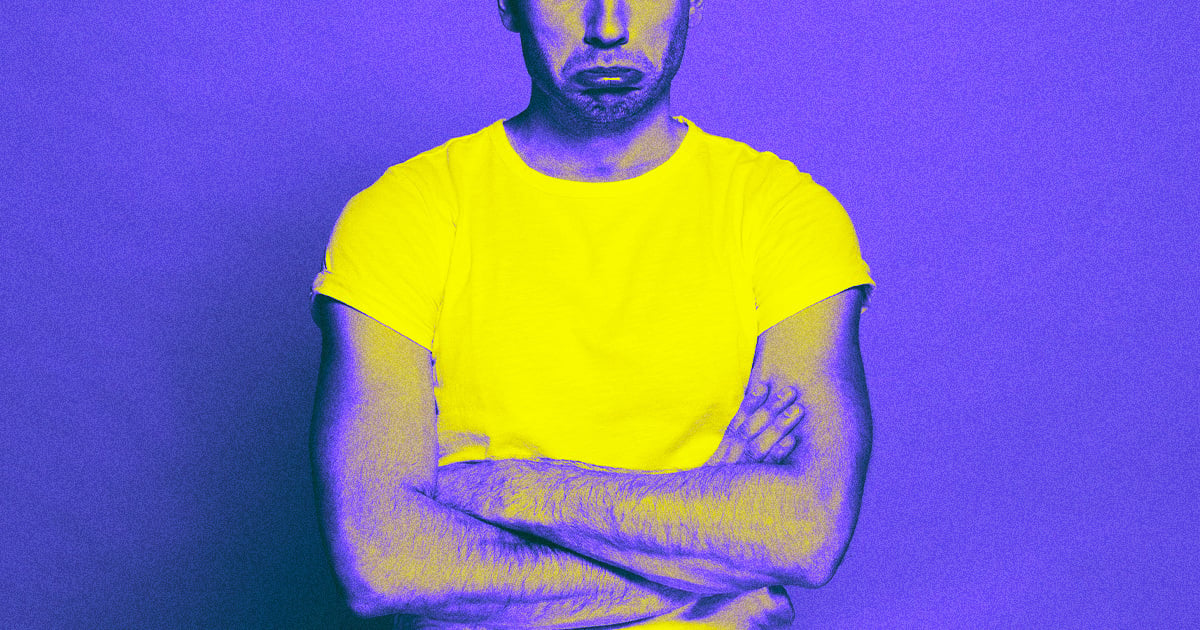Setting aside the usual arguments on the anti- and pro-AI art debate and the nature of creativity itself, perhaps the negative reaction that the Redditor encountered is part of a sea change in opinion among many people that think corporate AI platforms are exploitive and extractive in nature because their datasets rely on copyrighted material without the original artists’ permission. And that’s without getting into AI’s negative drag on the environment.



Funnily enough, that was what Mark Rothko was doing with paint. Exploring color to get the perfect shade of something. Looking at color at its most basic. That’s why those of us who understand what Rothko was going for often really love his paintings while most other people say, “I don’t get it, it’s just rectangles.”
Oh I do get it but it’s still just rectangles. If the only people who like your stuff are other painters, not other artists in general but other painters, then I think it’s fair to say that what you’re doing is 99.99% craft and maybe 0.01% art.
That kind of stuff also exists in an AI context, btw, people doing things for the heck of getting it to work and showing off technical aspects. Like absolutely a milestone when it comes to video2video, absolutely at a stage where it’s usable for artistic expression if you’re willing to work within some limitations, though the video here is much more dicking around than art. You’ll also find gazillions of AIified tiktok dances from the same crowd as tracking limbs isn’t exactly trivial.
But it isn’t “just rectangles.” That’s the point. They were slowly and meticulously constructed by layering oil paint in a way that explores the idea of what colors and color contrasts mean.
He didn’t just take a broad paintbrush and paint a rectangle.
He also suggested viewing his canvases up close, maybe a foot away, so you could see it the way he saw it.
With less skill in painting but the same artistic intent I can take a sample book of unicolour fabric with different weaves from the local textile store and put it on a pedestal: Exploring the idea of what fabric texture and texture contrasts mean.
And I’m sure clothing designers all over the world will be ecstatic… or would be, if they didn’t have store rooms full of sample books.
It is a valuable and thorough exploration of the craft is all I’m saying. He’s a Paganini, not a Ravel.
But why isn’t such an exploration a form of art?
If someone does a complicated abstract painting but uses a ruler and a protractor to achieve it, is that art?
Because I make a distinction between art and craft. You can produce extraordinarily impressive pieces of craft that have no artistic content at all, no intent nor capacity to convey a message or transform mind or anything that resembles it, you can produce extraordinary pieces of art with zero recourse to craft. Like putting a urinal on a pedestal, as I’ve mentioned quite often in this thread.
Speaking about protractors: Engineering drawings can actually be art. There’s a difference between a drawing that’s merely conveying technical information and one that is both technical and at the same time is arranged, presented, such that it does not have to be deciphered, it is capable of transforming a mind by merely being looked at, instead of having to be pondered. It’s the difference between a court file and a thrilling detective story.
So you’re claiming any image that must be deciphered isn’t art?
Nah not like that. Art is something on top of the mundane and with technical drawings it happens to be that kind of stuff.
I would argue that Rothko’s works are anything but mundane considering the effort that went into them.